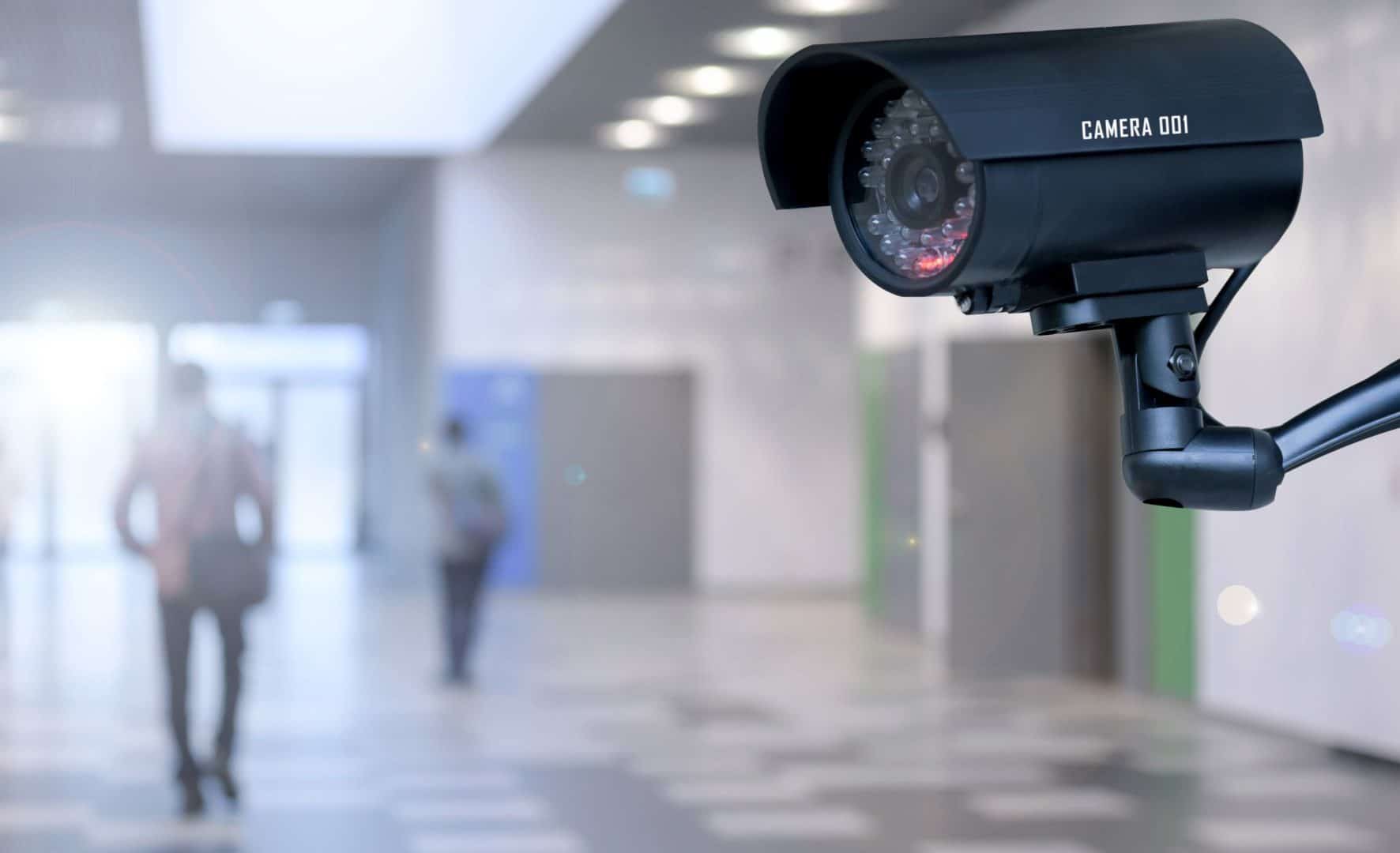It’s the morning of your service. Church members are entering the building and finding their seats. Families are catching up with one another in the parking lot, the lobby and along the aisles. You never know when something could happen at your church.
Places of worship are often perceived as safe, comfortable spaces for all. Yet, it’s because they are large, public gatherings that places of worship can be soft targets for threats.
How can you protect your church? Keeping reading for more information about developing a church security plan and installing the necessary equipment.
PLANNING YOUR SECURITY SYSTEM
Incidents that could harm or endanger the people we know and care for are not things we like to think about. The first step to developing a church security plan requires you to explore your church’s vulnerabilities and worst-case scenarios.
As you develop a plan, keep in mind that you don’t have to install the most expensive security systems. What you must do is shift your thinking. You want to be proactive, so you can stop incidents before they occur.
TIPS TO PREPARE FOR EMERGENCIES
You will want to prepare for everything from teen vandalism to active shooters. From 2014 to 2018, the FBI’s hate crime statistics reported a 34.8% increase in incidents at churches, mosques, synagogues and temples.
Here are some tips to develop and implement your church safety plan.
Work with law enforcement. Your local law enforcement can do a walkthrough of your campus and provide advice for security improvements.
Train your team. Discussing safety and security guidelines with your leadership team and staff is imperative to protecting your congregation. All team members should understand their role in different scenarios.
Practice acting in an emergency. Training your team requires more than discussion; it also requires practice. You will want to role-play scenarios or simulate exercises so that your team is ready to act at any moment.
Have a form of communication. Whether its two-way radios or speaking over an intercom system, being able to communicate with staff and guests across your campus could save lives.
Distinguish your team. Make it harder for someone to act as a team member and obtain access to your facility. Your staff could wear name tags, badges or matching shirts.
Install the necessary equipment. From security cameras to alarm systems, you can protect your organization by installing the right equipment.
SECURITY CAMERA SYSTEMS FOR CHURCHES
Video surveillance systems are a crucial security measure. With security cameras, you can keep an eye out for trouble. There are many types of CCTV cameras, or closed-circuit cameras, that let you monitor what’s happening in key areas of your campus. You’ll be able to see what each camera sees from a video monitor.
WHERE SHOULD YOU PLACE YOUR SECURITY CAMERAS?
Indoor security cameras can be used to monitor entrances and exits, as well as the lobby and main gathering areas. You’ll also want surveillance cameras in the parking lot and around the exterior of your building for added perimeter security.
Your church’s security cameras will allow you to react to an incident and have documented video footage for law enforcement should it be needed.
WIRELESS VS. WIRED SECURITY CAMERAS
We recommend wired security cameras because they are more reliable than wireless cameras. Should the network go down, a wireless camera would stop working. Wired security cameras are less susceptible to hacking and often have better video quality.
BUILDING ACCESS CONTROL SYSTEMS
Unrestricted access is one reason why churches can be soft targets.
You can limit access to your campus by:
- Only using the main entrance for services.
- Locking side doors after the service begins.
- Monitoring the main entrance.
- Keeping money separate from the main area.
Building access control takes security a step further. With keycards, key fobs and even mobile apps, you can automatically lock doors at scheduled times and only give team members the ability to enter the building.
Many keyless entry systems work for churches and can be installed to interior rooms, as well. You can store valuable artifacts or the day’s tithe safely in a room only few can enter.
With electronic readers and electromagnetic locks, door access control systems won’t destroy important architectural details or take heavy construction work.
Places of worship should be sanctuaries for those pursuing their faith. Make sure your church building is always a safe place to be.
This article is courtesy of Techtree Partners, a telecommunications company that specializes in network cabling installation, security systems installs, and audio/video, www.techtreepartners.com.





